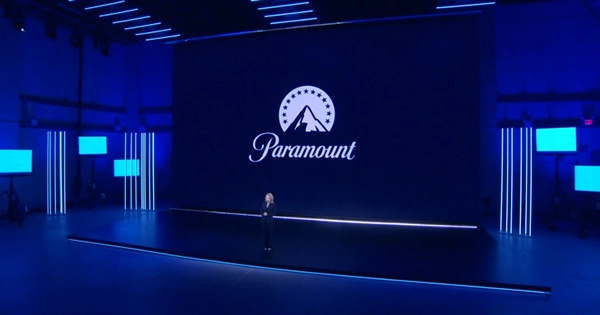Researchers from Boston University and the University of Virginia published a new paper in the Journal of Marketing that looks at how consumers react to AI recommenders when they are focused on the functional and practical aspects of a product (its utilitarian value) rather than the experiential and sensory aspects of a product (its hedonic value).
The study, titled “Artificial Intelligence in Utilitarian vs. Hedonic Contexts: The ‘Word-of-Machine’ Effect,” will be published in the Journal of Marketing and is co-authored by Chiara Longoni and Luca Cian.
To provide recommendations to customers, more and more businesses are leveraging technological advances in AI, machine learning, and natural language processing. As these businesses assess AI-based assistance, one critical question must be addressed: When do consumers trust the “word of a machine,” and when do they reject it?
The key factor in deciding how to incorporate AI recommenders is whether consumers are focused on the functional and practical aspects of a product (its utilitarian value) or on the experiential and sensory aspects of a product (its hedonic value).
A new study published in the Journal of Marketing investigates the reasons for people’s preference for recommendation sources (AI vs. human). The key factor in determining how to incorporate AI recommenders is whether consumers are focused on the functional and practical aspects of a product (its utilitarian value) or on the experiential and sensory aspects of a product (its experiential and sensory value) (its hedonic value).
The research team provides evidence supporting a word-of-machine effect, defined as the phenomenon by which the trade-offs between utilitarian and hedonic aspects of a product determine preference for, or resistance to, AI recommenders, using data from over 3,000 study participants.
The word-of-machine effect stems from a widespread belief that AI systems are more capable than humans at dispensing advice when functional and practical qualities (utilitarian) are desired, and less capable when experiential and sensory-based qualities are desired (hedonic). As a result, the importance or salience of utilitarian attributes determines preference for AI recommenders over human ones, whereas hedonic attributes determine resistance to AI recommenders over human ones.

The researchers used experiments to assess people’s proclivity to choose products based on consumption experiences and recommendation sources to test the word-of-machine effect. Longoni explains: “When instructed to choose products solely on utilitarian/functional attributes, we discovered that more participants chose AI-recommended products. When only hedonic/experiential attributes were considered, a higher percentage of participants chose human recommenders.”
The word-of-machine effect was more noticeable when utilitarian features were most important. Participants in one study were asked to imagine purchasing a winter coat and rate how important utilitarian/functional attributes (e.g., breathability) and hedonic/experiential attributes (e.g., fabric type) were in their decision making. The higher the utilitarian/functional features were rated, the higher the preference for AI over human assistance, and the higher the hedonic/experiential features were rated, the higher the preference for human assistance over AI assistance.
Another study found that when consumers wanted recommendations tailored to their specific preferences, they rejected AI recommenders in favor of human recommenders, regardless of whether they were hedonic or utilitarian. These findings imply that companies whose customers are known to be satisfied with “one size fits all” recommendations (i.e., those who do not require a high level of customization) may rely on AI-systems. Companies whose customers are known to want personalized recommendations, on the other hand, should rely on humans.
Despite the fact that there is a clear relationship between utilitarian attributes and consumer trust in AI recommenders, companies selling products that promise more sensorial experiences (e.g., fragrances, food, wine) may still use AI to engage customers. People, in fact, welcome AI recommendations as long as AI collaborates with humans. When AI plays an assistive role, “augmenting” rather than replacing human intelligence, the AI-human hybrid recommender outperforms a human-only assistant.
Overall, the word-of-machine effect is significant because the development and adoption of AI, machine learning, and natural language processing challenges managers and policymakers to harness these transformative technologies. As Cian puts it, “Consumer attention spans are short, and the digital marketplace is crowded. Understanding the circumstances under which consumers trust and distrust AI advice will provide businesses with a competitive advantage in this space.”
















